New managers often don’t have a clear idea of how things are done and which employees they can rely on. So they need time to become comfortable in their role.
But when Reddit userMichigaCur, who worked at a cell phone network company, got a new boss, the guy started immediately doing things his way. One of the changes that he made was a hard ban on competitors’ services.
However, as MichigaCur explained in hisposton the subreddit ‘Malicious Compliance,’ this became a problem when their own infrastructure started malfunctioning.
New bosses should learn the ins and outs of the company before making changes

Image credits:Wikideas1 / Wikipedia (not the actual photo)
But as this cell phone tower technician learned, not all of them do

Image credits:charlesdeluvio / unsplash (not the actual photo)

Image credits:Zac Durant / unsplash (not the actual photo)

Image credits:sedrik2007 / envato (not the actual photo)
Image credits:MichigaCur
“He wasn’t a bad guy, just not a good fit for that job”
We managed to get in touch with MichigaCur, and he was kind enough to tell us more about his malicious compliance.
“Our Monday morning calls were usually pretty laid back,” the Redditor explained toBored Panda. “I remember that particular call being much more tense and quiet than normal, especially with the boss digging into me.”
“When VP joined, I think everyone breathed a sigh of relief. I wasn’t sure at that moment if he would get fired, but I knew that conversation was not going to be a comfortable one. Nor was it my intent to get him fired; I just wanted to prove that [the ban on using our competitors’ services] was an unreasonable policy.”
Everyone was really tight-knit. “Honestly, even with the no competitors’ phones policy, he really never brought down our spirits,” MichigaCur recalled. “He wasn’t a bad guy, just not a good fit for that job. Things returned to normal fairly quickly after his departure, just with a bunch of New York jokes floating around.”
This incident was just a one-time thing. “It was a great company to work for; I really felt like the owners and leadership cared for us,” the technician said. “The president and vice president had both worked their way up in the field and knew how to inspire others. Being a small company, I eventually learned more about the switch side. In time, I gained the skills to be able to fix those types of issues without remote support, [and] I probably would not have gotten that experience elsewhere.”
“Unfortunately, it was just too small and too far behind when the bigger companies started focusing on the area, [and] they were able to quickly overrun us,” he added.
The firing of the new boss’s boss shouldn’t come as a surprise

Image credits:Sora Shimazaki / pexels (not the actual photo)
If unchecked, the consequences of such failures can reverberate throughout an organization, and have a long-lasting impact.
“Managers have an outsized influence on their team members while being key players in nurturing the organization’s culture. When a transitioning leader is struggling, their direct reports perform 15% worse on average than those who report to a high-performing manager,” personal branding expert and cofounder of CareerBlast William Arrudasaid. “They’re also 20% likelier to leave the organization or be disengaged … We all know people don’t leave bad companies, they leave bad managers.”
According tothe Center for Creative Leadership, there are four skills every new manager must master:
Judging from the Redditor’s post, his boss’s boss lacked at least a couple.
Very few American workerssaytheir superior is dismissive (13%) and arrogant (12%), so the ones that are really stand out.
Hopefully, that guy took his firing as a learning moments.
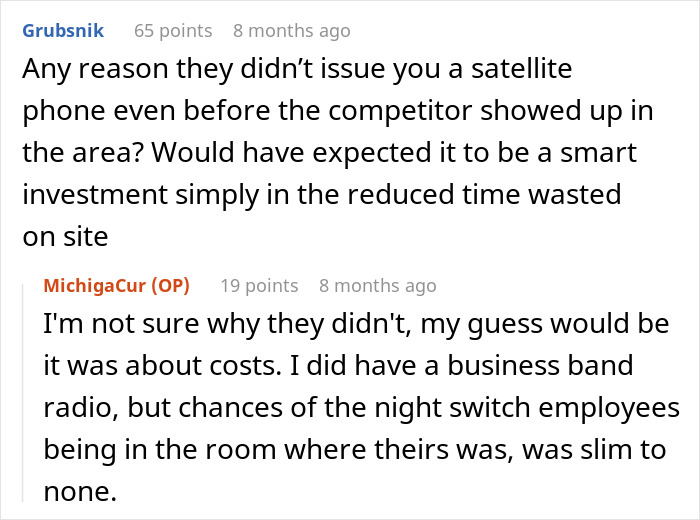

Some of the reactions involved people sharing similar experiences
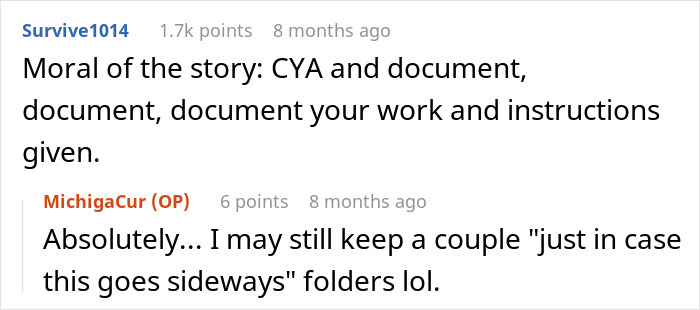
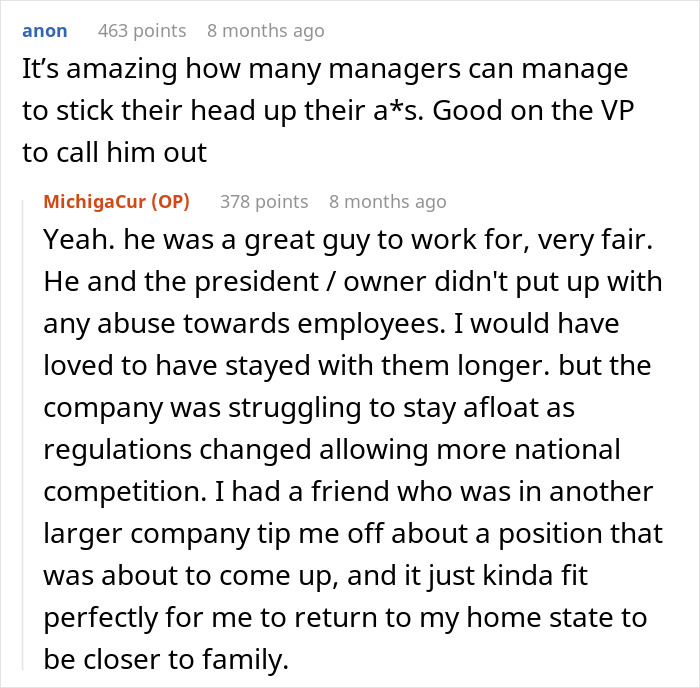

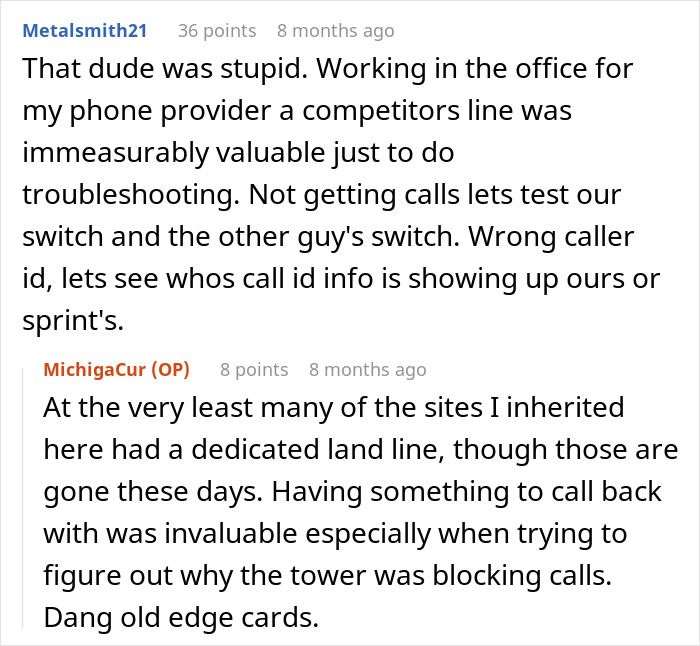
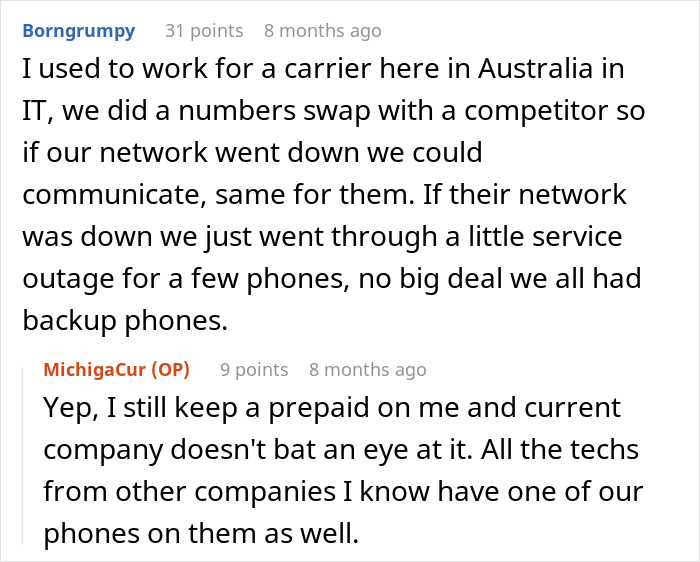
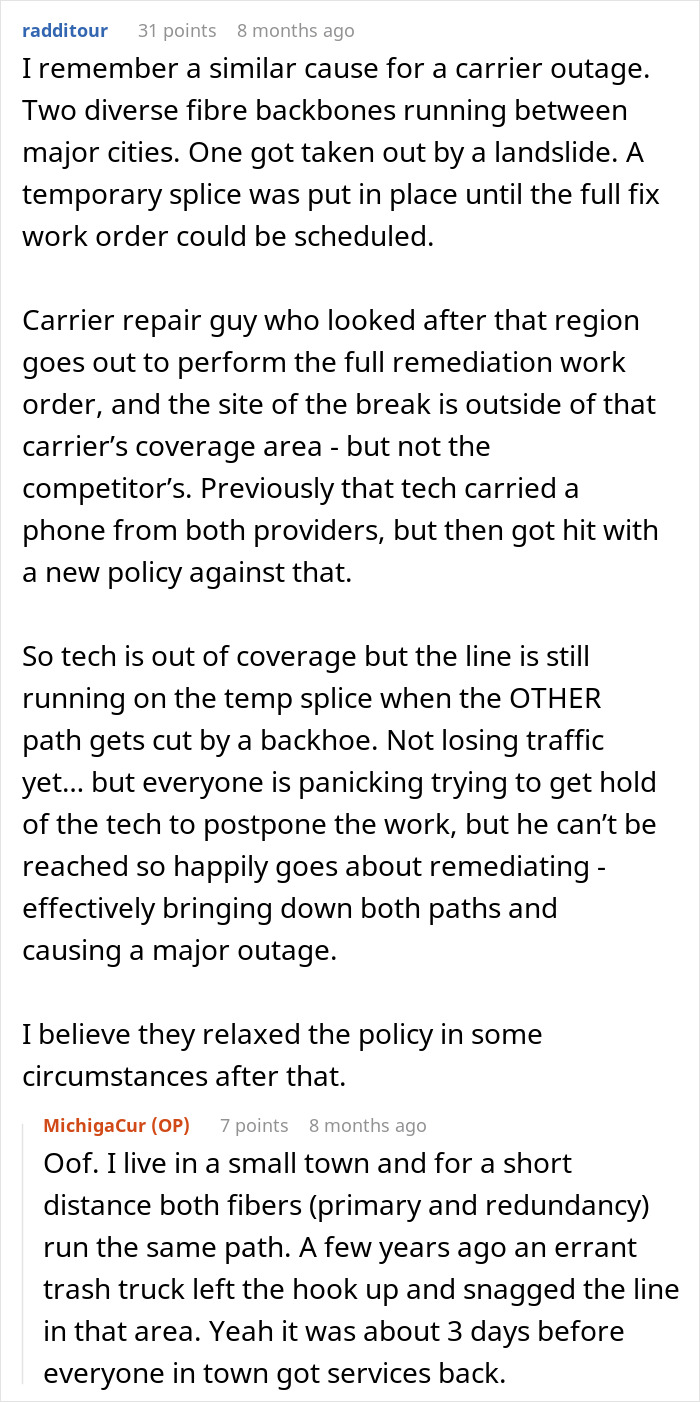



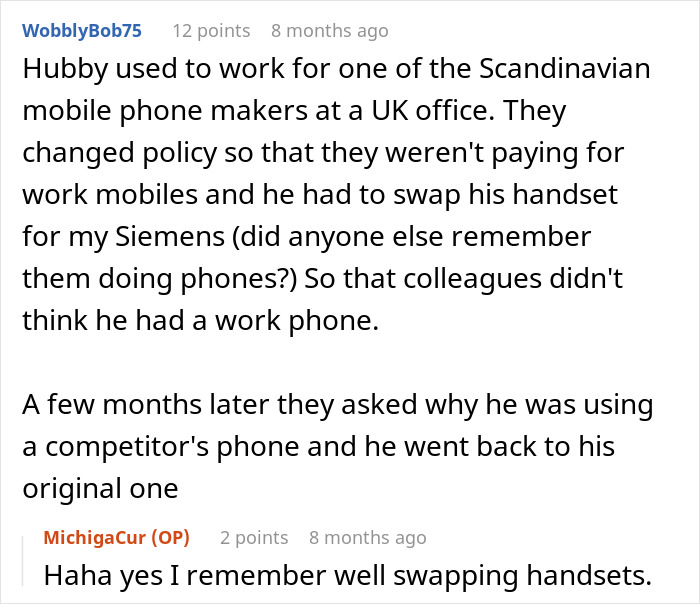
 Gabija Saveiskyte
Gabija Saveiskyte
Indrė Lukošiūtė
Work & Money